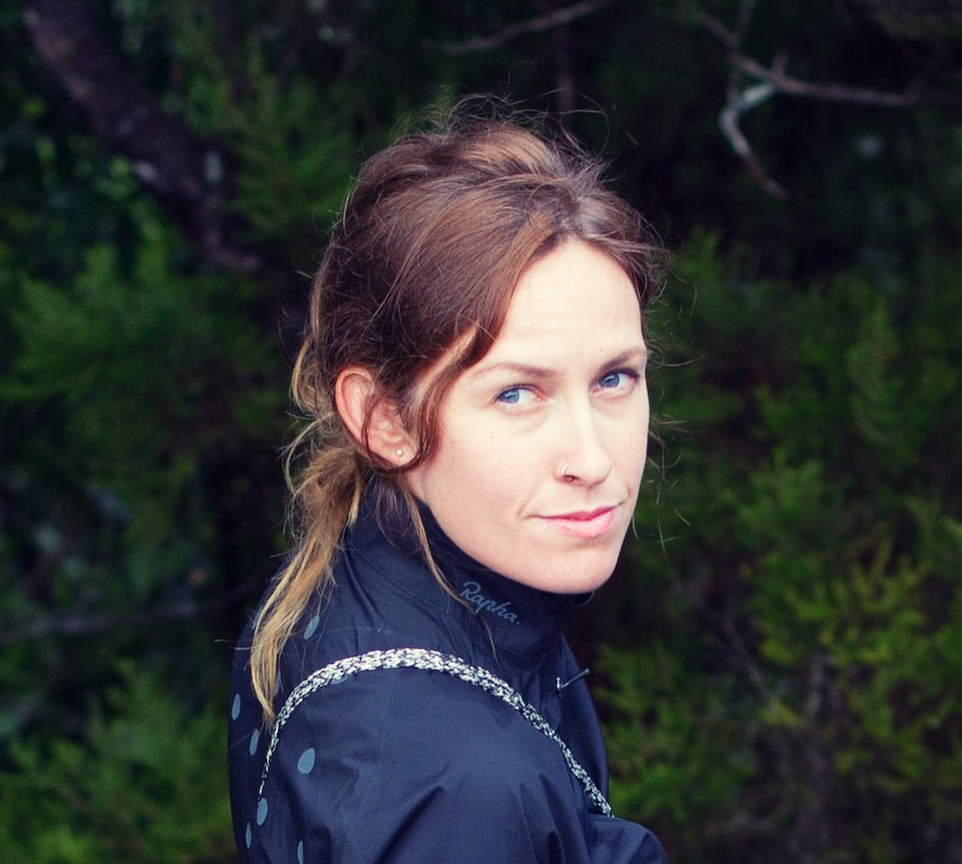
Sometimes it seems like everyone else has it all figured out, and here we are, struggling to understand the basics. You know what the funny thing is? Most of these other people feel the same way. This frustrating undercurrent of self-doubt is our old pal imposter syndrome. We all feel it, we all hate it. But, with the right tools, we can also all manage it.
To work through imposter syndrome, first we need to understand it. Have you ever been stuck on a work problem and thought, “Now everyone is gonna finally realize that I have no idea what I’m doing?” Fear tells us we’re imposters, that we’re not qualified, that we don’t deserve the things we have.
We all have self-doubt at times, but imposter syndrome is when these thoughts become a pattern. That pattern means doubting your own skills, talents, accomplishments, etc., to the point that even promotions, compliments, accolades, and the like are categorized as luck or “getting away with something” rather than something we earned.
Imposter syndrome can even translate to relationships, where thoughts like, “Wait’ll they really get to know me” can make you question someone’s true feelings about you. But notice one important through-line with imposter syndrome: they’re all just thoughts. And intrusive thoughts can be dealt with. After all, we have countless thoughts every day — silly ones, weird ones, fun ones, dark ones — but they’re just mental events. We can choose how we react to them, so let’s talk about how to do that.
1. Ask yourself if the thought is helpful. I know, I know… the response to this is “Well of course it’s not helpful. How is it asking that going to help?” Think of training a puppy. The most effective approach is gentle, consistent enforcement of what’s good and what’s bad. To free our brains from unhelpful habits, we need to catch ourselves when we have unhelpful thoughts. Catch it in the moment, note that it’s just a pesky, unhelpful mental event, and try to move on.
2. Reframe it. You can use any of the thought reframing tools in Sanvello to help with this. For example, maybe you sometimes have the thought, “I’m a failure and I don’t know what I’m doing.” You can reframe it to, “I’m trying my best and even though I don’t know how to do this, I’m going to figure it out.” If it feels corny, good. A big component of moving through imposter syndrome is self-compassion.
3. Meditate. Self-doubt is emotional quicksand. It’s easy to wind up neck deep in it and see no way out. But struggling, just like in quicksand, makes it worse. When you feel these feelings coming on, take a few minutes to meditate.
4. Talk to someone. Grab a friend and tell them what’s running through your head. Even if it sounds embarrassing, telling a friend can help alleviate some of the enormous pressure we put on ourselves.
5. Be your own hype person. Try using mantras, pep talks, and intentions to build confidence in your abilities. Incorporating positive self-talk into our day can make us feel more capable and less like an imposter.
6. Ask for help. If you’re truly overwhelmed by something and could use support, ask for help. We don’t always know how to do everything and asking for a helping hand can be all we need to feel more confident in completing a task.
We can all doubt ourselves sometimes, having come with an inner critic built in, but these harsh thoughts are usually untrue. The reason the saying ‘fake it til you make it’ is so popular is because so many of us aren’t sure what we’re doing, and we’re figuring it out as we go along. It doesn’t make us less than or unworthy. It just makes us human.

By Kelton Wright Vice President Content, Strategy and Production at Sanvello
Kelton is an author, editor, and athlete passionate about helping people live happier lives. She’s taught mindfulness to NFL coaches, led hundreds of women through cycling clinics, written an Amazon best seller on dating, and worked with brands like Runner’s World, Rapha, Headspace, Teen Vogue, Bicycling Magazine, Thrive Market, Skratch Labs, Peloton Magazine, and more all with the mission of empowering others. She is currently the VP of Content, Strategy, and Production at Sanvello. Follow her on Instagram: @keltonwrites
